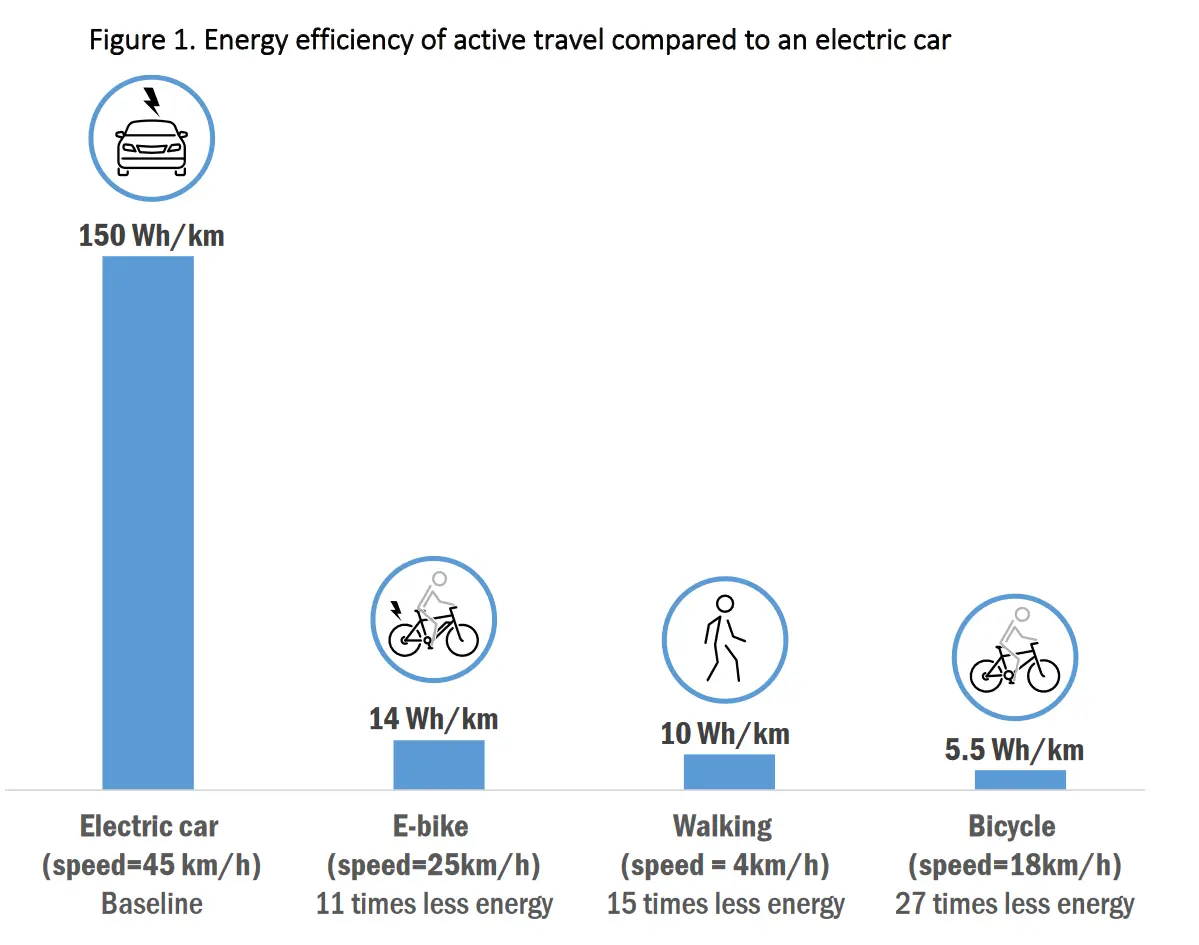365
you are viewing a single comment's thread
view the rest of the comments
view the rest of the comments
this post was submitted on 03 Mar 2024
365 points (91.2% liked)
Climate
8295 readers
20 users here now
Discussion of climate, how it is changing, activism around that, the politics, and the energy systems change we need in order to stabilize things.
As a starting point, the burning of fossil fuels, and to a lesser extent deforestation and release of methane are responsible for the warming in recent decades:

How much each change to the atmosphere has warmed the world:

Recommended actions to cut greenhouse gas emissions in the near future:

Anti-science, inactivism, and unsupported conspiracy theories are not ok here.
founded 2 years ago
MODERATORS

Energy efficiency and carbon footprint are very different things - pretty sure the carbon footprint of 15 big macs (8500kcal) is substantially greater than 1L of gasoline (let alone an electric grid equivalent)
A quick googling tells me a burger is about 3kg of CO2 equivalents. 1L of gas seems to be about 2,5kg.
Now if you were to eat local and seasonal food I'd guess you can get more efficient than burning oil.
Edit: As @bjorney correctly pointed out a quick google in the morning, before the brain functions properly kick in, isn't the best way to produce comments on numbers. I did NOT account for the factor of about 15 that a burger needs to get close the energy stored in a liter of gasoline.
Edit to the edit: Just out of curiosity I did another quick google (please brain, be functioning now) and it seems that to get 8500kcal from oats you need about 2,5kg. This seems to produce about 1kg of co2 equivalents. I am certain that this does not include the amount of co2 the human is expelling in excess by using their muscles instead of a motor, so the whole discussion is probably moot anyways.
that's one burger, you would need at least a dozen burgers (14.2 big macs) to match a liter of gasoline (8340 kcal)
Damn, my brain got way to happy about the numbers being so close that I completely overlooked that. I'm gonna defend myself by saying that this was early in the morning ;)
Edited my original comment to reflect this fact.
lol all good - I posted some napkin math above - https://lemmy.ca/comment/7747680
Long story short this figure is just all around bad because it's conflating energy efficiency with environmental friendliness.
Electric vehicles, despite being greener, are probably less efficient (which is why ICEs are mysteriously absent from this figure), it takes a lot more watts of power to move a 5000 pound car than it does a 2000 pound one). Similar story with biking - based on my Garmin figures, biking is about 22x more energy efficient than driving an ICE car, but the carbon footprint of that energy source is much higher watt-for-watt, so if you eat a meat heavy diet, the bike is barely greener than driving (caveat: I didn't amortize the footprint of constructing the car, which is a probably a huge deal - if cycling is actually an option for you, your mileage probably isn't that high).
Granted - you are spot on with oats, if you pick a greener crop like corn you are down to 0.5kg carbon per 1L of gasoline equivalent - as the guy below wrote, biking is a "greener choice" if you are vegan (3-6x less carbon footprint), but at the end of the day, manual transportation is a thing people choose for health or pleasure reasons, or when the distance is so low that other methods don't make sense. if you are going to try and shame people into doing it out of a sense of environmental responsibility, you shouldn't need to use dubious math to accomplish that end
In this regard, a vegan cyclist is going to beat out anyone in a car.